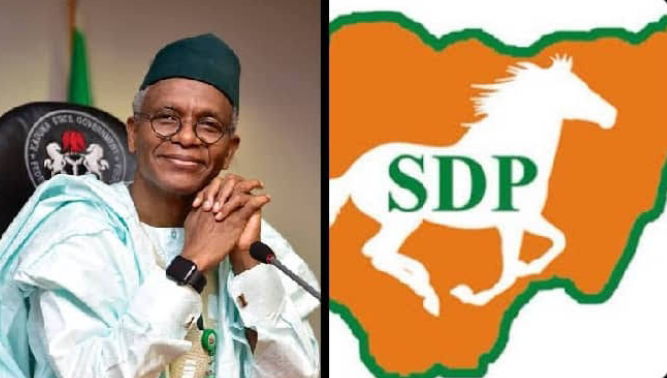Nigeria’s governors mount legal challenge to control VAT revenue
Published on 2021 September 13, Monday Back to articles
Faced with a severe revenue crisis, Nigeria’s state governors are now focusing on: trying to grab some of the Federal Government’s taxation powers; and also recover funds that they claim the latter has withheld.
Rivers State Governor Nyesom Wike’s latest legal challenge to Abuja’s right to collect value-added tax (VAT) has reverberated across the Federation. He argues that his state has not been fairly treated in the distribution of VAT proceeds and therefore wants the right to collect VAT themselves. Other southern states agree and will probably take similar action. One major problem, however, is that it could result in companies having to pay multiple states which will add to the cost of doing business in Nigeria.
VAT is a significant source of income for both the states and the Federal Government (FG). Receipts totalled ₦1,530 billion (US$3.7 billion) in 2020 which was about a third of all revenues that go into the Federation Account. VAT is currently shared, with the FG keeping about 15% of total collections with the remaining 85% — minus 4% collection costs which goes to the Federal Inland Revenue Service (FIRS) — shared equally among the country’s state governments. Of the total received by the states, 20% is based on derivation, but rich states such as Rivers and Lagos have complained that they are being short-changed by the VAT distribution formula. Lagos State reportedly generates about 50% of all VAT that is collected that is non-related to imports or Federal Government contracts which, in turn, is about half of all VAT income.
Wike noted that in June his state generated ₦15.1 billion (US$36.37 million) from taxes but only received ₦4.7 billion (US$11.39 million) back, while Lagos generated ₦46.4 billion (US$112 million) but only received ₦9.3 billion (US$22.54 million). Meanwhile he claimed that a populous northern state like Kano both generated and received ₦2.8 billion (US$6.79 million) from the federation pool. This is because, besides all states sharing the VAT funds, 30% of the total is based on population which obviously favours the poorer northern states which have large populations but also generate the least amount of VAT.
Lagos and Rivers are likely to be the principal beneficiaries of a 9 August decision by the Federal High Court in Port Harcourt that only states have the authority to collect VAT. At least 30 other poorer states will be negatively impacted by the ruling unless it is overturned by a higher court.
The FIRS is resisting the states’ attempt to remove its right to collect VAT. It was initially successful in appealing the decision but Rivers State has now taken the case to the Supreme Court. FIRS has also asked the National Assembly to amend the Constitution to ensure that VAT collection is the exclusive preserve of the Federal Government. It is, however, unlikely to succeed because it will be unable to obtain the two-thirds majority that is required to amend the constitution.
The VAT fight is actually more of a conflict between the poor, but populous, North and the more affluent South rather than one between the country’s two main political parties. Most southern state governors, irrespective of their party affiliation, support the Rivers State government, while the majority of the northern states oppose its legal case.
The Presidency’s power is also being threatened by other court cases, brought by the state governments, that are challenging its powers to tax, collect and retain certain revenues, including funds recovered from high-profile corruption cases. If they succeed it will put significant financial resources in the hands of governors and some could become as powerful as the Presidency.
This excerpt is taken from our Nigeria Politics & Security weekly intelligence report. Click here to receive a free sample copy. Contact info@menas.co.uk for subscription details.


